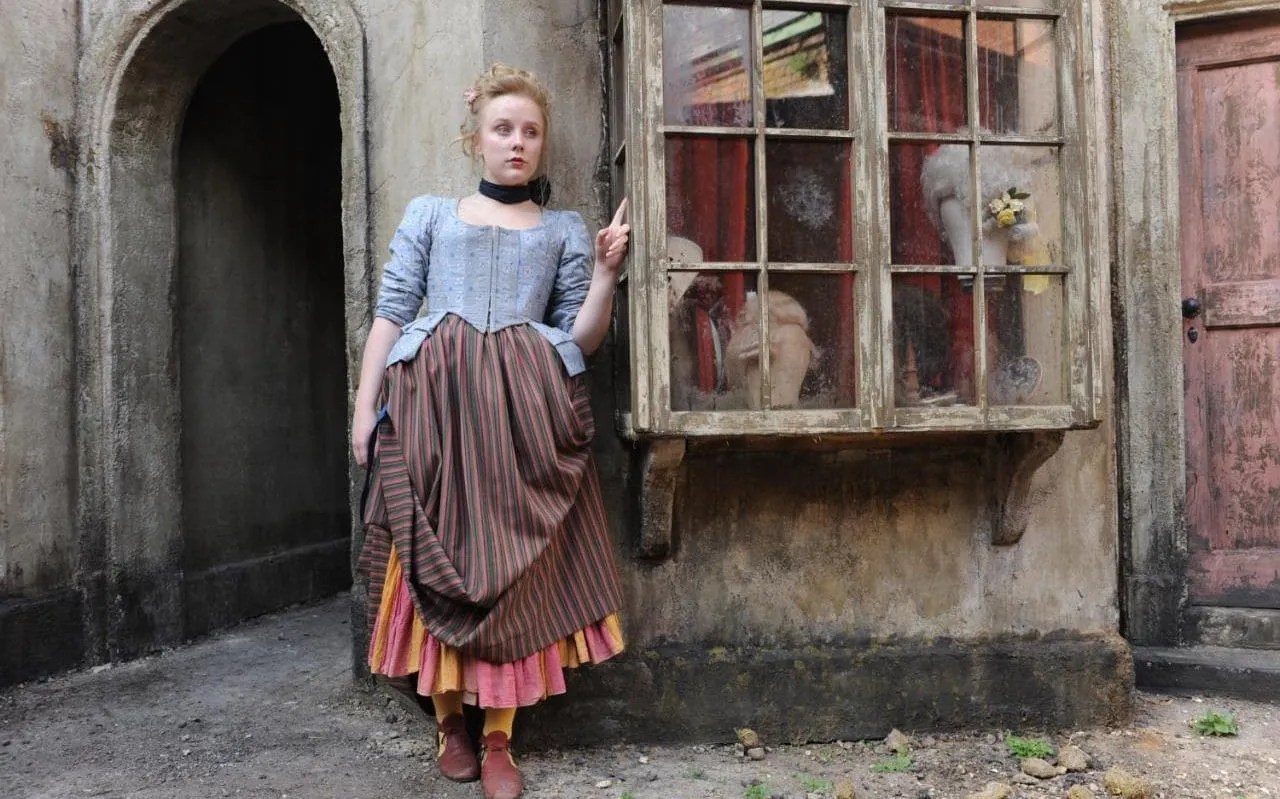The word "harlot" carries a weighty history, steeped in layers of cultural, literary, and historical significance. From its origins in medieval texts to its modern-day connotations, the term has undergone dramatic shifts in meaning and context, reflecting societal norms and attitudes towards morality, gender roles, and power structures. Its usage may provoke controversy, curiosity, or introspection, but one thing is certain: it has been a subject of fascination for centuries.
In literature, the term "harlot" has often been employed to represent more than just a derogatory label. Writers and poets across generations have used it as a potent symbol of rebellion, temptation, or moral downfall. Similarly, in historical records, the label has been applied to figures who defied conventional expectations, often to vilify or diminish their contributions. But beyond its negative associations, the term also invites a deeper exploration into the lives of women marginalized by societal norms and the resilience with which they navigated their circumstances.
Today, the word "harlot" is both a reminder of the prejudices of the past and a lens through which we examine the evolving discourse on gender and morality. This article delves into the multifaceted history and interpretation of the term, its presence in literature and pop culture, and its implications in modern society. By unpacking its layers, we aim to present a clearer understanding of why this word continues to stir debate and discussion in contemporary contexts.
Table of Contents
- Biography and Etymology of "Harlot"
- Historical Usage and Transition
- The Representation of "Harlot" in Literature
- Cultural Perspectives and Interpretations
- Religious Contexts and Symbolism
- Depictions of "Harlot" in Art
- Modern-Day Connotations of "Harlot"
- Gender and Power Dynamics in the Use of "Harlot"
- Psychological Impacts of Labels Like "Harlot"
- Rethinking the Term in Modern Discourse
- The Role of "Harlot" in Pop Culture
- Linguistic Evolution and Semantics
- Global Perspectives on "Harlot"
- Education and Awareness Around Historical Labels
- Frequently Asked Questions
- Conclusion
Biography and Etymology of "Harlot"
The term "harlot" finds its roots in Old French and Middle English, derived from the word "herlot," which initially referred to a person of low social standing, particularly a male servant or rogue. Over time, the meaning underwent a significant shift, being associated predominantly with women and carrying a more pejorative connotation. The etymology of the word reflects the evolving societal attitudes towards class, gender, and morality, making it a fascinating linguistic case study.
| Aspect | Details |
|---|---|
| Origin | Old French ("herlot"), Middle English |
| Initial Meaning | Person of low social standing, often male |
| Modern Connotation | Pejorative term for women, often linked to immorality |
| First Known Usage | 13th Century |
| Linguistic Evolution | Shifted from gender-neutral to gender-specific |
Understanding the biography and etymology of "harlot" sheds light on how societal structures influenced the evolution of language. Initially a neutral or even descriptive term, it became weaponized over time, reflecting the marginalization of certain groups based on arbitrary moral and social standards. The term's journey is a mirror to the changing tides of societal judgment and the power dynamics that underpin them.
Historical Usage and Transition
The historical usage of "harlot" dates back to the medieval period, where it was often employed in legal and literary texts to describe individuals of questionable repute. During this era, the term was gender-neutral and applied to both men and women. However, as societal norms around morality became increasingly rigid, the term began to target women specifically, often serving as a tool for moral policing.
In medieval England, "harlot" was frequently used in court records and religious texts to denote individuals accused of transgressing societal norms. The transition from a neutral descriptor to a gendered insult is indicative of the period's growing emphasis on controlling female behavior. This shift was further perpetuated by the rise of patriarchal institutions that sought to regulate women's roles within society.
For instance, in Geoffrey Chaucer's "The Canterbury Tales," the term is used to describe characters with dubious morals, showcasing its versatility and evolving meaning in literary contexts. Over time, its usage narrowed, reflecting the societal inclination to stigmatize women who defied conventional expectations. This transition underscores the interplay between language, power, and societal values.
By examining the historical trajectory of "harlot," we gain insight into the mechanisms through which language can be used to enforce social hierarchies. The term's evolution serves as a case study in the broader narrative of linguistic change and its relationship with cultural and historical contexts.
Article Recommendations
- Lily Cates A Star Who Shines Beyond The Spotlight
- The Alluring World Of Belle Delphine Forest A Deep Dive Into The Phenomenon
- Rhonda A Haymon A Remarkable Life And Legacy

